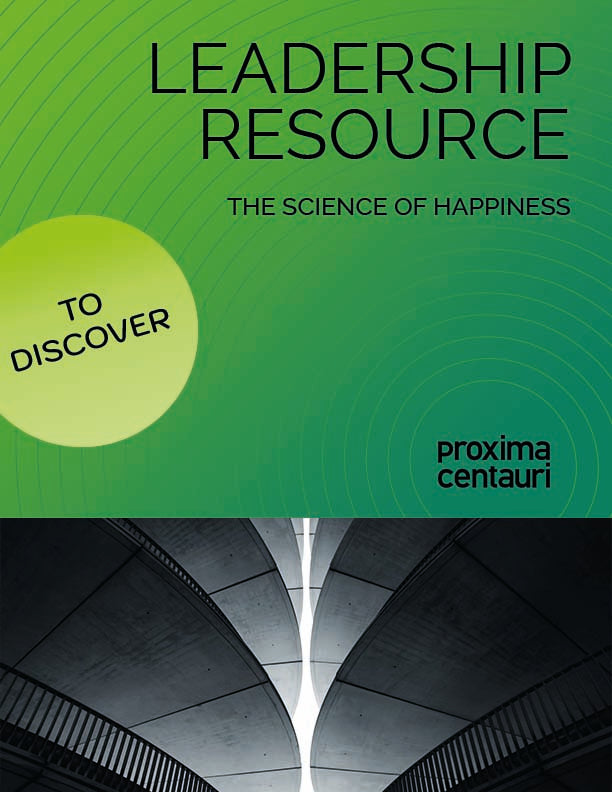Work Well-Being Tool
Take control of your well-being with the science of happiness
Ah, happiness! We all want it, especially at work, because it's where we spend a significant portion of our time. Did you know we spend an average of 100,000 hours at work during our lifetime? That's nearly 12 years accumulated! Given these statistics, it's clear that work should not be a source of stress or discomfort. It’s time to rethink our priorities and put ourselves and others at the heart of how we organize work.
With so much time dedicated to our careers, there’s little left to focus on cultivating happiness outside of work. That's why creating an environment that fosters well-being and happiness is essential. The science of happiness tool gives you the space to reflect on your happiness at work and consider actions to get back on track, focusing on six major happiness indicators. Available in French.
What’s holding you back: Neglecting your happiness
Happiness is a personal, subjective experience unique to each individual. At some point, it’s crucial to pause and assess our situation, particularly in the professional realm. This means reflecting on what happiness truly means for you, what promotes it at work, and what diminishes it.
For leaders, this tool offers practical actions to enhance their teams' happiness. For HR professionals, it provides a barometer to assess happiness at an organizational level, offering a wider perspective within the company.
What does the science of happiness tool offer you?
This tool covers the following topics:
- Theory of happiness: An introduction to the science behind happiness.
- Personal self-assessment: A questionnaire to help you reflect on your own happiness at work.
- Actions for leaders: Ten actions to implement to boost happiness at work if you're in a leadership role.
- Barometer of happiness at work: An organizational questionnaire to measure happiness within the organization, with an easy scoring method. This can also be used on a smaller scale to gauge happiness in a team, division, or department.
Your state after a few weeks
With the tool:
- Deep reflection: You will have taken the time to think about what contributes to your happiness at work and what detracts from it.
- Clarity about your needs: You will understand better what’s important for your happiness at work. As a leader, you'll also have a clearer understanding of how to engage with your teams to promote happiness at work and become an agent of positive change.
- Concrete actions: You will have identified specific actions to enhance your professional life and project a more positive energy to others.
-
Sense of control: By understanding the factors that contribute to your happiness and those that diminish it, you will feel more in control of your situation.
Without the tool:
- Persistent confusion: You may continue to feel uncertain about what makes you happy at work and how to inspire others to do the same.
- Lack of direction: Without a clear assessment, it’s challenging to know what steps to take—whether for yourself, as a leader, or within your organization—to improve happiness.
- Ongoing dissatisfaction: You may remain unsatisfied and see little improvement in your quality of work life.
-
Loss of meaning: Without understanding what contributes to your happiness at work, you may lose sight of what gives meaning to your work and your professional life.
Give yourself the chance to transform your daily life
Integrating the science of happiness into your professional life means choosing to take care of yourself, build a sustainable balance, and provide yourself with the tools to fully achieve your potential. This accessible and affordable tool helps you start a profound reflection on your happiness, the happiness of your teams, or your organization.
Intrigued by the concept of happiness at work?
We invite you to read our detailed article exploring why pay doesn’t always guarantee happiness: The income paradox: When more does not mean better. Please note that this article is currently available in french only.
If you want to deepen your understanding of the factors contributing to happiness at work, we offer two online courses that might interest you:
Preventing psychosocial risks in the workplace
Well-being and emotional intelligence
Have any other questions? Visit our FAQ to learn more and get quick answers.
No refunds.


